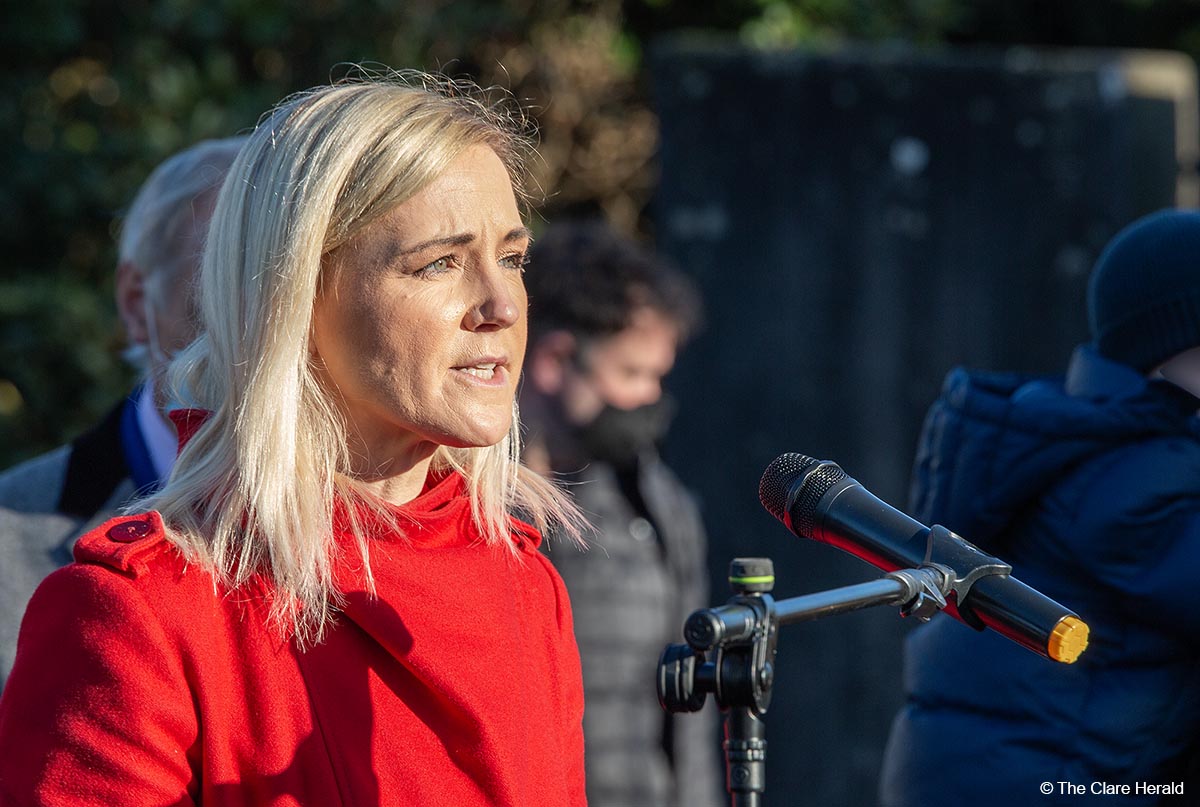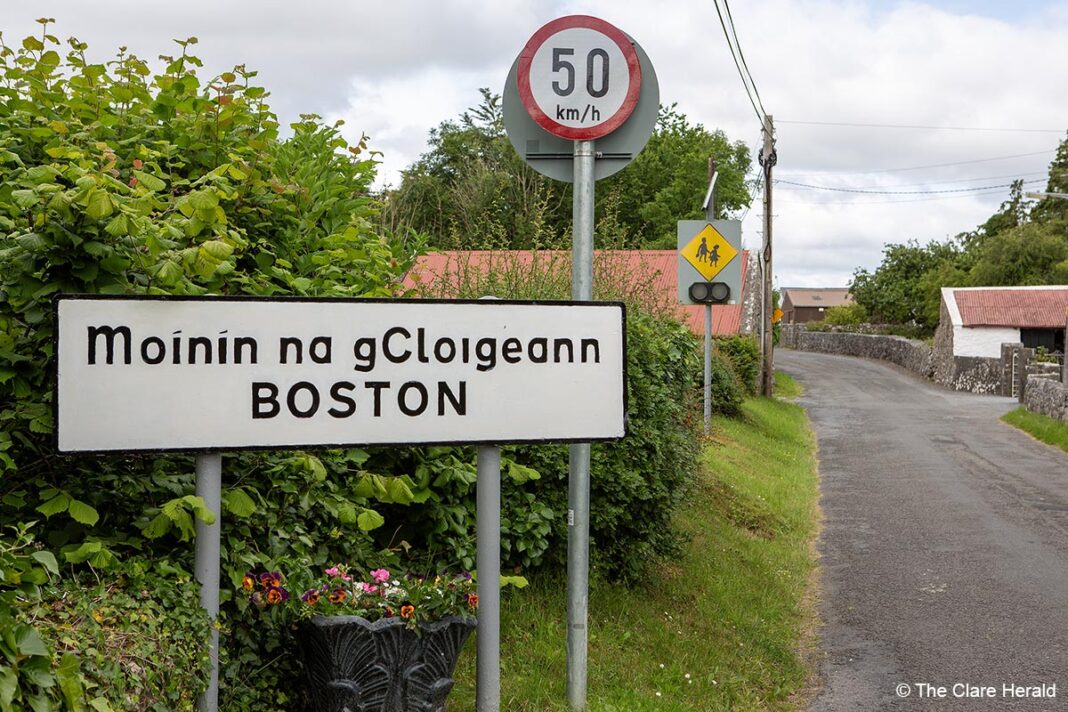A West Clare Councillor has pledged to establish Social Enterprise grants for local shops in isolated communities in Clare where the traditional shop model cannot survive.
Research conducted by the Fianna Fáil candidate has revealed that at least 13 communities in the county are without a local shop, with more being added to the list every week.
Fianna Fáil Councillor and General Election candidate Rita McInerney, who herself runs a long-standing family grocery and deli in Doonbeg, believes that the next government must “prioritise investing in local communities by making Social Enterprise grants available and accessible to keep local shops viable.”
She stressed that rising energy costs, particularly for the requirement of refrigeration and freezers, are placing unbearable strain on these small businesses. “The cost of running these essential services is becoming the straw that breaks the camel’s back,” she said.
Some of the rural villages in Clare without a shop include Carrigaholt, Killimer, Knockerra, Cranny, Coolmeen, Mullagh, O’Callaghan’s Mills, Bodyke, Ogonnelloe, Boston/Tubber, New Quay/Belharbour, among others. These shops, McInerney emphasised, are not just businesses – they are the heart of local communities, where families work hard to provide a service, send their children to school, and keep the social fabric of the area alive.”
A local shop is much more than a place to buy groceries. It’s where people gather, where conversations about the weather or the weekend matches happen. It’s where young and old alike feel connected. This was particularly evident during Covid, when the shop was the only place people could go and was usually relied on by the local community.” she explained.
Ms McInerney highlighted the urgency of stopping the rate at which these local shops are closing.
“High energy costs are crippling these small businesses,” she said. “As a businesswoman with direct experience in the grocery retail sector, I understand these challenges, and I will campaign hard to ensure the struggles of local retailers and their families are heard. A parish or village without a shop is a community without heart and soul. Where these businesses cannot survive, it is imperative to look for alternative models to provide this service. Economically, rural Ireland needs these shops and social hubs to thrive,”

“Local shops, she noted, were once central to rural communities, providing essential services and promoting local produce. Their absence weakens local connections, limits social interaction, and makes it harder for residents—especially the elderly or those without transport—to access basic goods.
“The closure of shops accelerates rural decline, making villages like those in rural Clare, less attractive places to live. These stores are lifelines for small villages, and their loss heightens isolation, particularly for the vulnerable. They’re also essential links for local suppliers and small farmers.”
Cllr McInerney concluded by stressing the broader impact of losing these vital community hubs. “Without local shops, residents are forced to travel to larger towns like Ennis or Limerick, deepening the urban-rural divide, increasing carbon footprints, and weakening the local economy. Supporting these shops isn’t just about commerce – it’s about preserving the identity, community, and sustainability of rural Ireland.”
